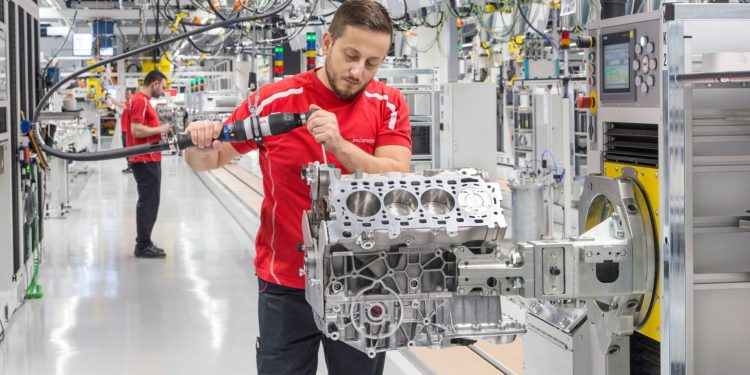EU set to make exemption for e-fuel vehicles
Words: Harrison Wade
The European Union (EU) is set to pass a legal exemption for the production of new internal combustion engine (ICE) vehicles powered by e-fuel after 2035.
Last week, a plan was drafted to allow cars powered by synthetic fuels to be made after the Union’s 2035 cut off date which requires all carmakers to reduce tailpipe emissions by 100 per cent.
It has now been revealed that the EU plans to approve the exemption as per a document seen by Reuters.
The allowance comes after Germany and other fellow member states blocked the piece of legislation that would effectively ban the sale of all new petrol and diesel vehicles for a number of weeks.
Now that an agreement has been made, it’s likely the EU will create a new type of category for ICE vehicles solely powered by e-fuel.
Germany has also been reassured that if the law were to be rejected in any way, the EU would “follow another legislative path” to allow the sale of synthetic fuel-powered cars.
Synthetic fuels, also called e-fuels or carbon-neutral fuels, are created by synthesizing CO2 absorbed from the atmosphere which is then synthesized with hydrogen. They become carbon-neutral when the electricity used to power the production facilities is sourced sustainably from wind, solar or hydropower.
German manufacturer Porsche has been at the forefront of e-fuel production after it ramped up its investment in a new production facility in Chile and has stated future plans to build one in Tasmania, Australia.
More to come.





